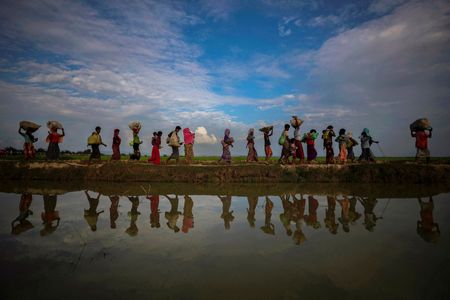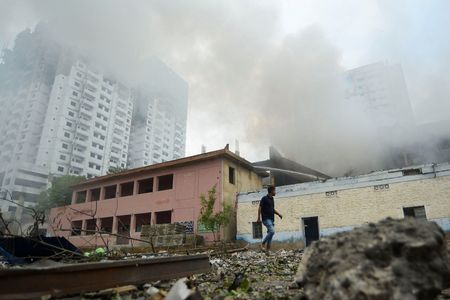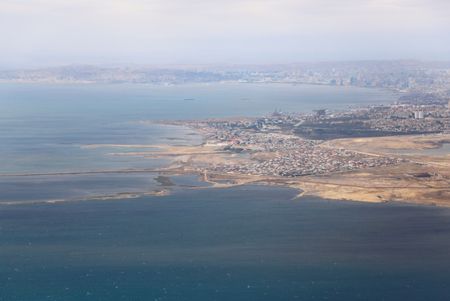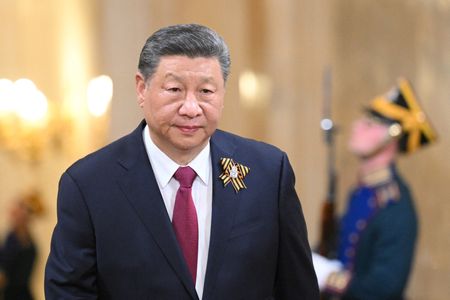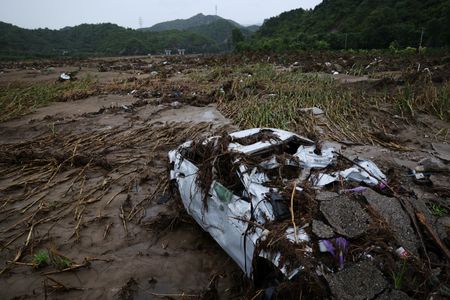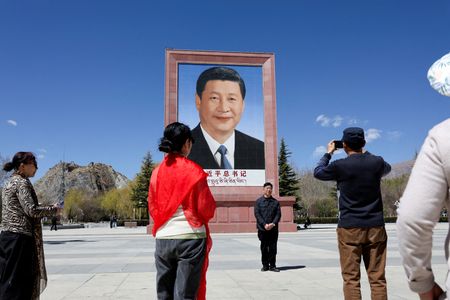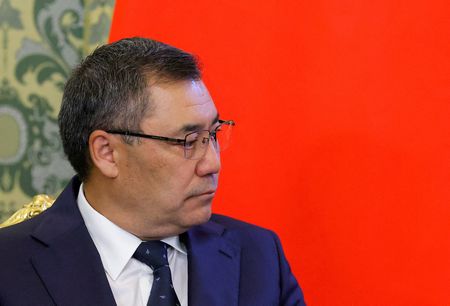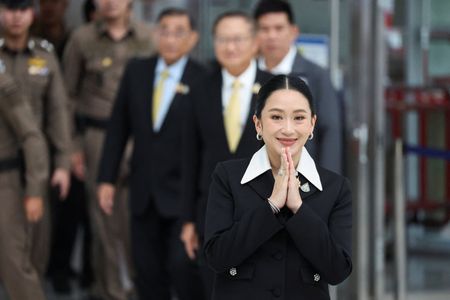By Emma Farge
GENEVA (Reuters) -Millions of dollars of funding cuts from donors and U.N. cost-cutting could hamper evidence gathering and undermine efforts to seek justice for Rohingya who fled Myanmar, the head of a U.N. investigation told Reuters.
Nicholas Koumjian, head of The Independent Investigative Mechanism for Myanmar, said he fears that the scale-back of its work will hurt efforts to bring perpetrators to justice.
“It will affect the ability to convict because we lose capacity,” he told Reuters in an interview in Geneva.
“That would send a message of impunity. It says to perpetrators: don’t worry about being charged.”
A million Rohingya, a Muslim minority group, fled a Myanmar military offensive in August 2017 – a campaign seen by prosecutors as a textbook example of ethnic cleansing.
The Myanmar military says the operation was a legitimate counter-terrorism campaign in response to attacks by Muslim militants, not a planned programme of ethnic cleansing.
The IIMM, set up by the U.N. Human Rights Council in 2018 to analyse evidence of serious violations of international law, is assisting jurisdictions investigating the alleged persecution of the Rohingya, including the International Criminal Court.
Unless more funding is received by year-end, the IIMM will have to stop both an open-source project and one investigating sexual violence and crimes against children, Koumjian said.
The shortages come amid a U.N. liquidity crisis, meaning only 73% of the IIMM’s $15 million annual budget is available.
It also faces a nearly $9 million shortfall for the next two years in voluntary grants from donors which have previously included Britain, Canada and the EU, according to a confidential document seen by Reuters. Asked to comment, an IIMM spokesperson said it now estimates that gap at $6.2 million.
“It’s a severe strain on us to try to meet the budget with these limitations,” said Koumjian, a former prosecutor from the U.S. who has worked on Bosnia and Sierra Leone war crimes cases.
He said the Trump administration is ending two of its three grants and that other donors had indicated funding lapses from year-end, without giving details.
The U.S. State Department did not respond to a request for comment. Washington said last year it had provided $3 million to gather and analyse open-source evidence of the most serious violations of international law in Myanmar since 2011 and for witness protection, a government website showed.
WITNESSES FACE DANGER
The IIMM mandate includes both researching alleged crimes against the Rohingya as well as violations in Myanmar since the 2021 military coup. It has submitted evidence to the ICC, the International Court of Justice and Argentina and Britain.
Donor cuts mean protection and counseling services for witnesses have already stopped, Koumjian said.
“The consequence of that could be very great, because sometimes we provide assistance for people in life-threatening situations,” he said.
This month, the IIMM said it has found evidence of systematic torture by Myanmar security forces.
Myanmar’s military government said it was conducting “security measures” lawfully and did not illegally arrest, torture or execute innocent civilians, blaming “terrorists”.
Koumjian’s teams helped scan hundreds of thousands of social media posts from the 2017 Rohingya campaign for hate speech and found 43 accounts linked to the military, he said, showing “the state was fomenting hatred.”
A Myanmar military spokesperson did not respond to multiple calls from Reuters seeking comment.
(Reporting by Emma Farge; Additional reporting by Reuters staffEditing by Ros Russell)

